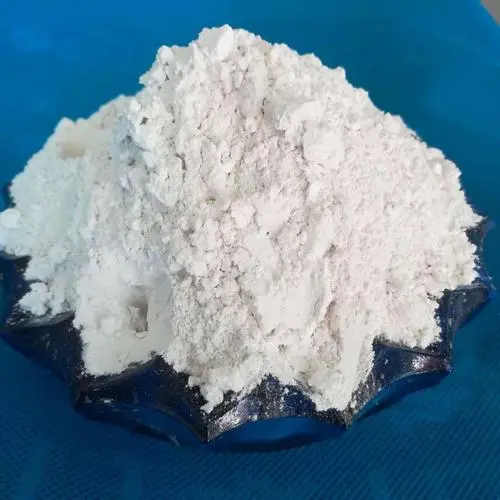
Understanding the Safety of Calcium Carbonate for Everyday Use and Applications
The Safety of Calcium Carbonate An Overview
Calcium carbonate is a naturally occurring compound with the chemical formula CaCO₃. It is a primary ingredient in various geological formations, such as limestone and marble, and it has numerous applications in everyday life. From antacids to nutritional supplements, calcium carbonate is widely recognized for its safety profile. However, understanding its safety from both health and environmental perspectives is essential.
Health Safety of Calcium Carbonate
Calcium carbonate is frequently utilized in the pharmaceutical industry. One of its most common applications is as an antacid, used to relieve symptoms of indigestion and heartburn. The mechanism by which calcium carbonate neutralizes stomach acid makes it effective and generally safe for short-term use. Furthermore, it serves as a calcium supplement for individuals who may be deficient in this vital mineral.
The FDA classifies calcium carbonate as Generally Recognized As Safe (GRAS) when used in food products. However, moderation is key. Excessive intake of calcium carbonate can lead to side effects such as constipation, gastrointestinal discomfort, or hypercalcemia, a condition characterized by elevated calcium levels in the blood. Therefore, it is crucial to adhere to recommended dosages and consult healthcare professionals, especially for individuals with pre-existing health conditions.
For children and pregnant or breastfeeding women, calcium carbonate is typically considered safe but should still be taken under medical advice
. These populations may have different nutritional requirements or health considerations that must be addressed.Environmental Safety of Calcium Carbonate
calcium carbonate safe

From an environmental perspective, calcium carbonate is deemed safe. As a natural mineral, it is abundant in the environment, found in rocks, shells, and even as a byproduct in various industrial processes. The extraction and processing of calcium carbonate have minimal adverse effects on the ecosystem when performed sustainably. Additionally, it is often used in agriculture to neutralize acidic soils, thus promoting plant health and enhancing crop yields.
However, like any natural resource, the extraction of calcium carbonate can pose risks if not managed properly. Overexploitation of limestone quarries can lead to habitat destruction and biodiversity loss. Therefore, it is vital for industries to implement sustainable practices, such as restoring habitats post-extraction and minimizing land disturbances.
Use in Food and Household Products
Calcium carbonate is commonly found in many food products as a calcium fortifier, making it a safe choice for enhancing nutritional intake. In addition to its benefits in the food industry, it is also used in various household products, including cleaning agents and toothpaste, where its mild abrasive properties come into play. These uses further demonstrate calcium carbonate's versatility and safety profile in everyday products.
Conclusion
Overall, calcium carbonate is a safe and essential compound with a multitude of applications across different sectors. Its benefits in promoting health, aiding digestion, and enhancing agricultural practices outweigh the potential risks when used responsibly. Individuals should always adhere to recommended dosages and consult with healthcare providers when necessary. Moreover, responsible sourcing and sustainable practices are key to minimizing environmental impact.
As we continue to rely on calcium carbonate for various applications, awareness of its safety, both for personal health and environmental integrity, will ensure its use remains beneficial for generations to come.
Share
-
Premium Pigment Supplier Custom Solutions & Bulk OrdersNewsMay.30,2025
-
Top China Slag Fly Ash Manufacturer OEM Factory SolutionsNewsMay.30,2025
-
Natural Lava Rock & Pumice for Landscaping Durable Volcanic SolutionsNewsMay.30,2025
-
Custom Micro Silica Fume Powder Manufacturers High-Purity SolutionsNewsMay.29,2025
-
Custom Mica Powder Pigment Manufacturers Vibrant Colors & Bulk OrdersNewsMay.29,2025
-
Custom Micro Silica Fume Powder Manufacturers Premium QualityNewsMay.29,2025






